Who can see your post?
Your post will show up in News Feed, on your profile and in search results.73,870 Global CULLEN Family Members
| Days | Hours | Minutes | Seconds |
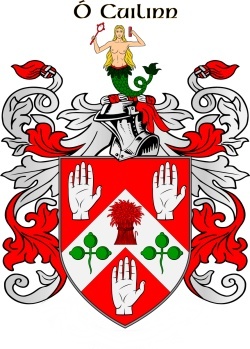
Sunday 19th October
2pm (New York), 7pm (Ire)
| Days | Hours | Minutes | Seconds |

Sunday 19th October
2pm (New York), 7pm (Ire)
Our in-person family gatherings
Our TEDx talk about family gatherings
CULLEN Family History
Cullen is a multiple origin name, as many Irish surnames are (see list on Conway Page).
Ó Cuilinn, derivation as above, numerous in South East Leinster.
Ó Cuileamhain, root uncertain, anglicised formerly as Culhoon, Culoon and even Colquhoun (a Scottish name). The same territory as Ó Cuilinn in S.E. Leinster.
Mac Cuilinn, root 'cuileann'- holly, a largely Co Monaghan name.
Ó Cuileannáin, with possible root 'holly', a branch of the Corca Laoidhe in Co Cork. The Donegal Cullinanes are mostly Cullen.
Mac Coileáin, from root 'coileán'- 'whelp', an Ulster surname.
Mac Uighilín, Quillan etc., the Gaelic name adopted by the Cambro-Norman de Mandeville family, found as Cullen in Cavan.
In fact the Registrar General, R. Matheson, lists 12 variants or synonyms of Cullen across Ireland, including the ubiquitous Collins (usually Ó Coileáin) from the 1890 births registrations.
Griffith's 'Valuation' (1847-1863) finds most Cullen household in counties Wexford (290), Wicklow (209), Dublin- including city (148), Leitrim (123) and Kilkenny (90).
The 1890 birth registration figures in Matheson's 'Special Report on Irish Surnames' (1909) found Leinster with the most Cullen births by far (132), and principally in Dublin and Wexford.
The English surname Cullen is taken from the Old French Cologne, from the German city, which itself is from Latin 'colonia' or 'colony'. The English surname Cooling has also been rendered as Cullen. Guppy (1890) lists the name Cullen as a Nottinghamshire and Somerset surname.
The Scottish surname Cullen is taken from a place in Bannfshire of that name, from Gaelic root 'cuilan'- 'little corner/nook'. Prefixed by 'de' - 'of', the surname was well established in North East Scotland from the 14th century. Many of the Glasgow Cullens, however, would have an Irish immigrant origin: and thus the demographics are similar to those of the surname Kelly, which is also of dual origin in Scotland.
Cullen Family from Wexford
THE many Cullen families in all parts of Co. Wexford may be of Gaelic or Norman stock. The main Gaelic sept of O'Cullen originated in south-east Leinster and were later chiefly found in counties Wexford and Wicklow. The Anglo-Norman Colyns were prominent proprietors up to the Cromwellian confiscation in the mid seventeenth century.
Reaney in his Dictionary of British Surnames derives the name from the German Cologne, citing as early examples Bertram de Coloigne in 1307, John de Coline, 1340; John de Culayn, 1447; John Cullan, 1487; John Cullen, 1524. Derivation from Colwyn in Wales, is suggested in T. C. Butler's history of Bannow parish
The distinctions between the Gaelic and Norman families is shown in the 1659 "census" which records 25 Cullins and Cullens in the Normanised baronies of Bargy and Shelburne, and 140 O'Cullens and O'Cullins in the more Irish baronies of Shelmalier East and West.
The Irish 'O' prefix was later discarded so that no O'Cullen is found in the Griffith Valuation and Tithe records for the first half of the nineteenth century.
The Norman family had their principal residence at Cullenstown Castle in Bannow parish where John Cullen held 180 acres in 1640. John Cullen was M.P. for Clonmines in 1634.4
Early references to the name in Hore's History of Wexford mention Richard Cullen, a burgess of Wexford who in 1537 was granted a holding in Cow Street, in the parish of Selskar. In 1543 Laurence Cullen of Cullenstown was a juror for an inquisition on the House of the Friars Minor in Wexford; in 1552 Richard Cullen was accused of shipping goods from Wexford to foreign parts, contrary to the law of the time.
In the rebellion of 1641, Lieut-General Cullen commanded the rebel army with General Preston at the Battle of Ballinvegga, near New Ross, in 1642. He is described as a 'generous, courteous, liberal and bold soldier'. In the Cromwellian confiscation the forfeited lands of Thomas Cullen of Cullenstown Castle were granted to Nathaniel Boyse.
The castle served as a dower house for the minor branches of the Boyse family and later for the Radfords, who were succeeded by the Sparrow family and then by the Burnsides. The battlements of the castle were removed many years ago and an ordinary roof put on the castle.
The Wexford historian, Kathleen A. Browne, quotes an old tradition that two old ladies who resided in the parish of Bannow in the early Dari of the nineteenth century were the last direct descendants of the ol Cullen family of the castle and that stone coffins in the old church a Bannow are said to belong to this family.
The most noted Wexford churchman of the name was Father James Cullen, S.J., a native of New Ross, who was one of the six founding priests of the House of Missions, Enniscorthy, in 1866. He specialised in promoting temperance, later became a Jesuit and founded the Pioneer Total Abstinence Association. His brother, J. B. Cullen, Bawnjames, New Ross, died in 1923.
Rev. Edward Cullen was parish priest of Newtownbarry (Bunclody) at the time of the Tithe massacre in the town on January 18, 1831. He built the old church there in 1823-25. Rev. Philip Cullen, a native of Greyrobin, in Kilmore parish, was pastor of Rathangan from 1836 to 1853.
Rev. Sylvester Cullen, Parish Priest of Our Lady's Island, who died in May, 1941, was born at Inch, Blackwater, in 1876. He studied in the Irish College, Paris, and was ordained in 1900. He spent the next three years as professor of French in St. Peter's College, Wexford, and served as curate in Monaseed, Caim, Marshalstown, and Gorey before his appointment to Our Lady's Island in 1928, following the death of Rev. Robert Fitzhenry. Fr. Cullen was the author of several plays and an accomplished musician. He was responsible for the opening of the present cemetery in Our Lady's Island in 1932.
More recently Rev. Walter Cullen, a native of Wexford town, was parish priest of Kilrush and previously chaplain to Ely House Nursing Home.
Cardinal Paul Cullen, Archbishop of Dublin (1803-78) is stated to have been descended from a Cullen who migrated from the parish of Oylegate to Kildare about the middle of the seventeenth century. Two of his uncles are said to have been hanged in 1798 while his father narrowly escaped the same fate for sheltering Insurgents.?
Edward O'Cullen was a distinguished editor of The People Newspapers, Wexford and first editor of Ireland's Own in 1902. He was an authority on the history of Wexford, and his numerous notes in his paper are a neglected and very valuable source of County history.
The Cullen family of New Ross has been prominent in the building trade for generations, having built the parish church in New Ross, completed in 1902. A member of this family was Rev. John Cullen who was curate in Mulrankin-Tomhaggard and Screen where he died in 1953. The late Andrew Cullen was a member of New Ross Urban Council. Louis Cullen, the best known modern Irish historian, was born in New Ross. His mother was a Barry of Poulrane. Martin Cullen, the prominent New York Gael, was born in Glynn. Andy Cullen, Yoletown, Ballycullane, is a former All-Ireland ploughing champion and world ploughing competitor. Michael Cullen, Wexford town, won a number of national boxing titles in the 1960s.
Walter Cullen of Duncormick was a noted National Leaguer in the 19th century and his son, John, was a fluent Irish speaker and nationalist.
Select Audience
-
Public
Anyone on or off Wales101 -
Friends
Your friends on Wales101 -
Specific
Only show to some friends -
Only me
Only you can see your post
Tag People
-
Kane William
-
John Micky
-
John william
-
John Smith
-
John
Create Life Event

Cullen

Anthony Barrett

Anthony Barrett

Anthony Barrett
Areas of Origin for CULLEN
Invite more CULLEN family members!
Write an email address and click 'Invite' to share this page with more members of the CULLEN tribe.
Log in or Register to invite others
Family Coat of Arms Generator
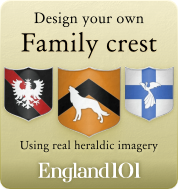
Why not see what your family crest could look like based on your own family characteristics?
Create CrestJoin the Irish Learning Rooms
Show off the CULLEN Family Crest…
Wear your crest with pride...plenty of products to choose from


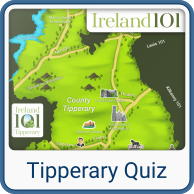

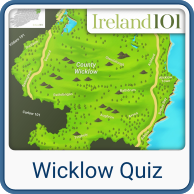
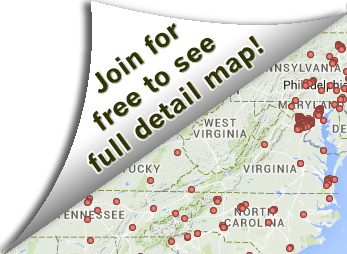
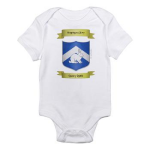
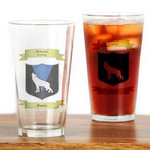
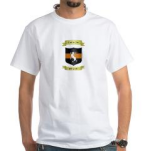
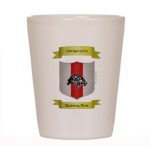
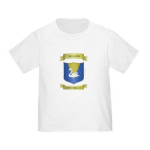
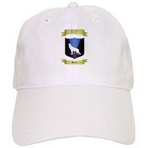
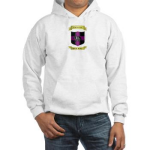
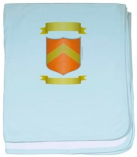
_(2).jpg)